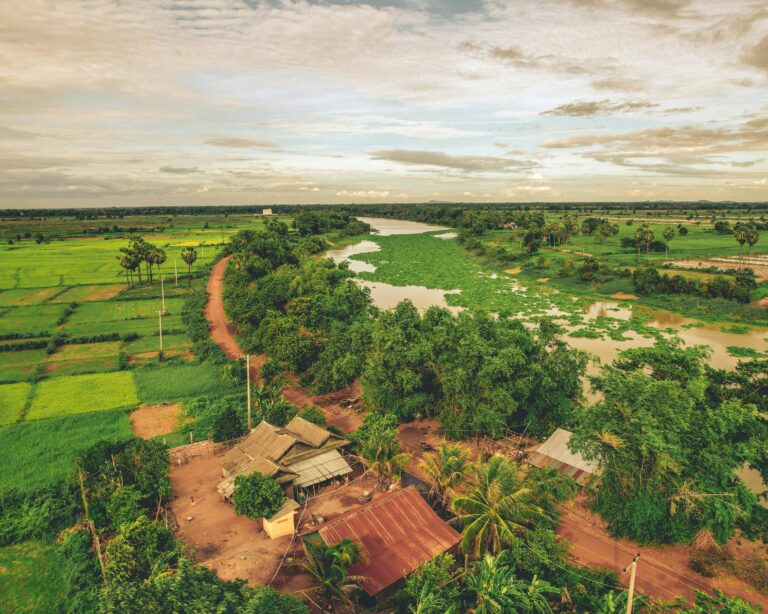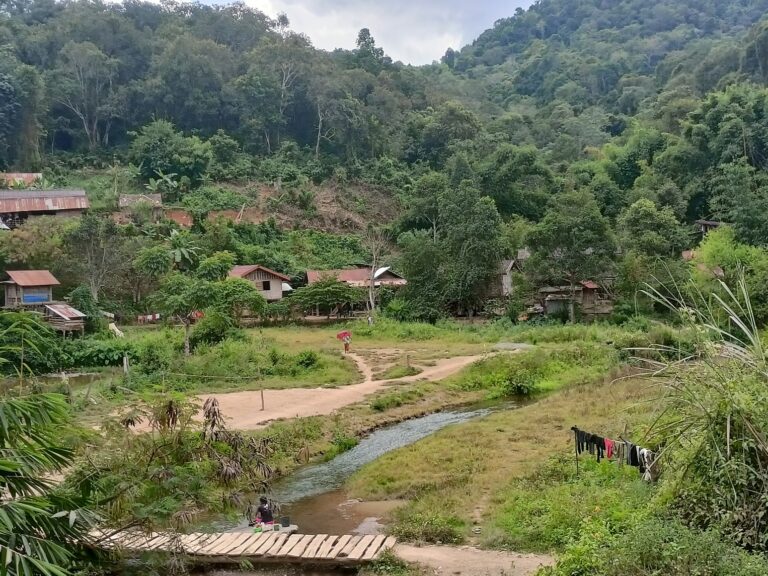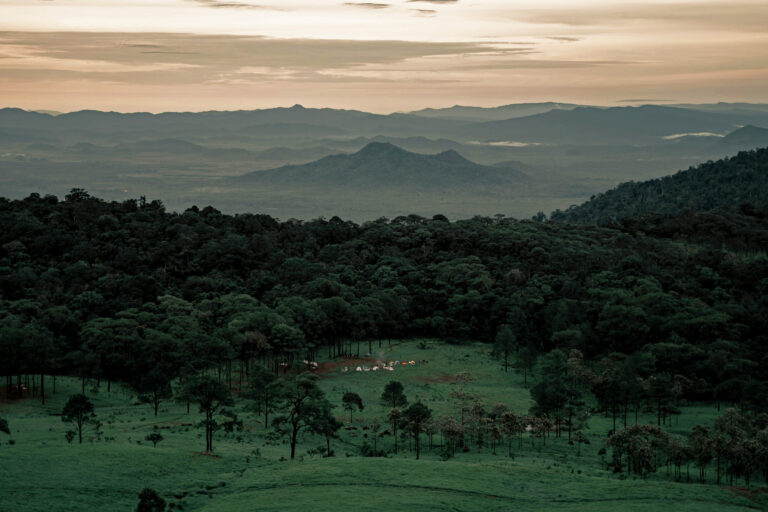Project Description
Biochar offers a climate-smart and gender-responsive agricultural solution for the Greater Mekong Subregion (GMS), addressing both environmental and livelihood challenges. Produced by heating organic biomass (e.g., wood, manure, leaves) under low-oxygen conditions, biochar improves soil health while significantly reducing greenhouse gas emissions. Its benefits include long-term carbon sequestration, enhanced soil fertility and water retention, renewable energy generation, and sustainable waste management. Despite these advantages, its application in the GMS remains limited due to a lack of awareness and technical capacity.
Objectives, Activities and Results
ICEM was engaged to address this knowledge gap by assessing the feasibility and potential of biochar across the GMS. Key activities included developing spatial maps of soil types and properties in targeted areas and identifying high-potential biochar development zones (“hotspots”). A technical and economic feasibility study evaluated the suitability of biochar production and application in these regions. The study supports climate-friendly agriculture by promoting reduced chemical input, lower greenhouse gas emissions, and improved farmer livelihoods. It also aims to influence policy by demonstrating biochar’s benefits and informing national biochar programs in each GMS country.



